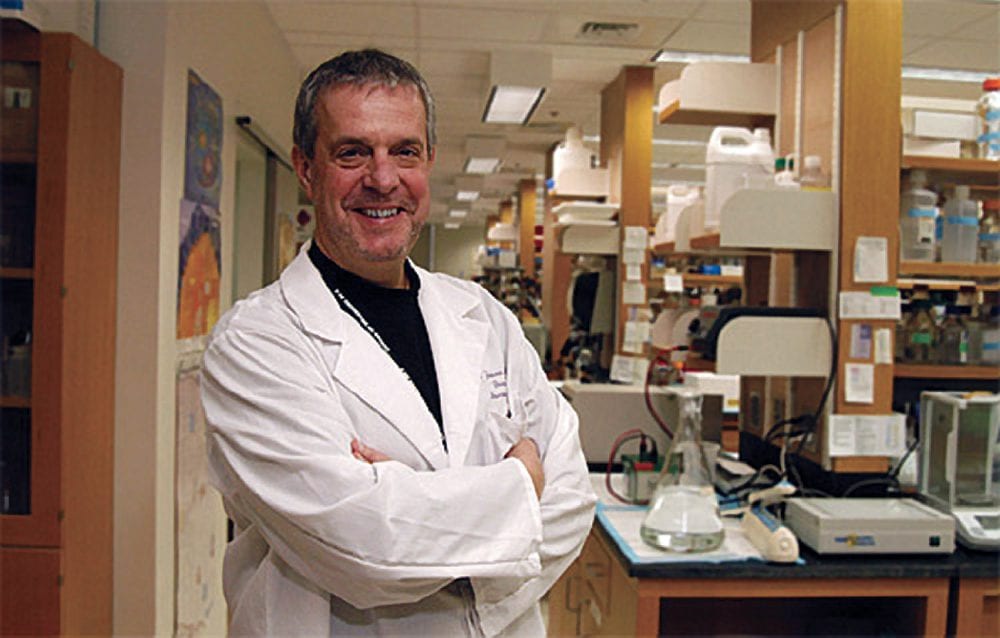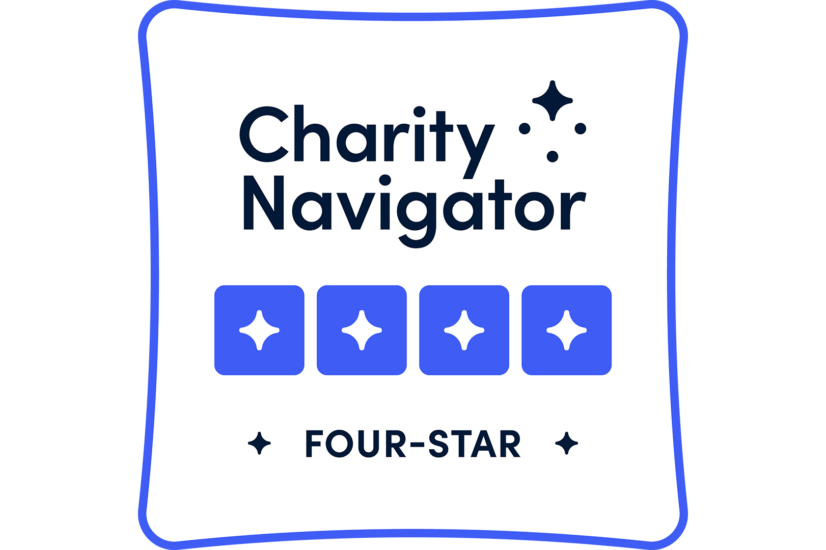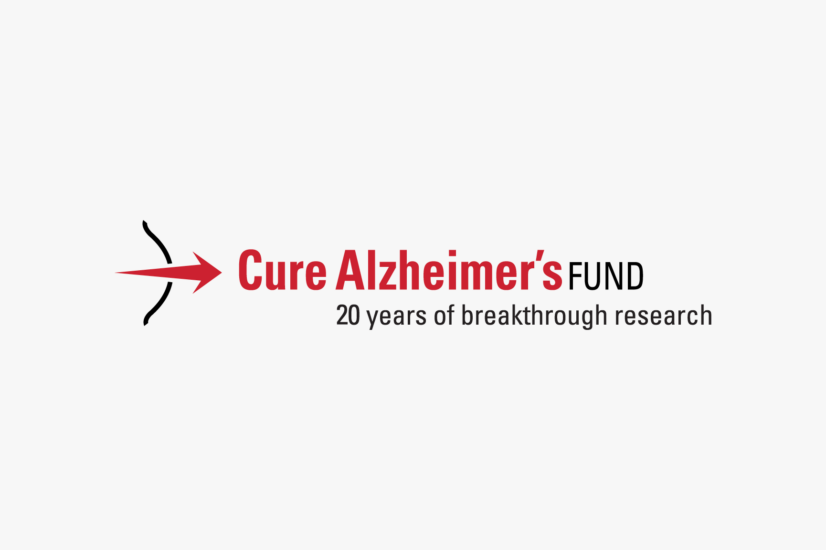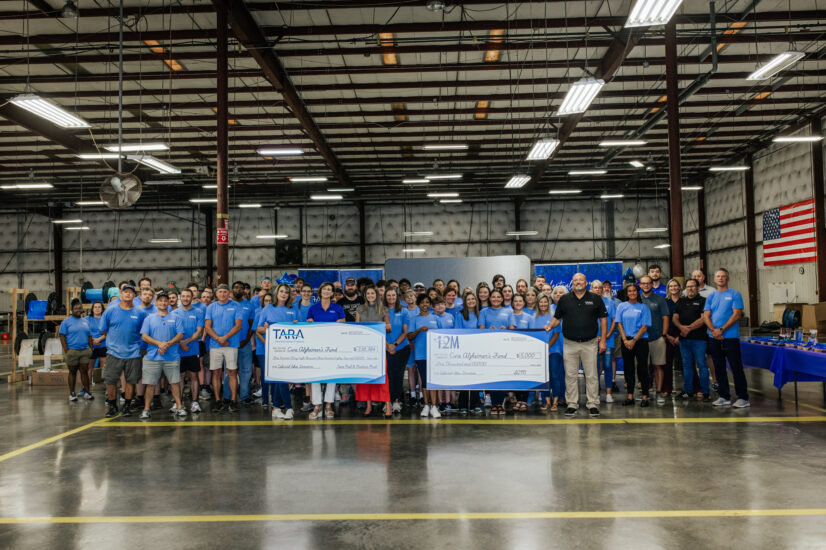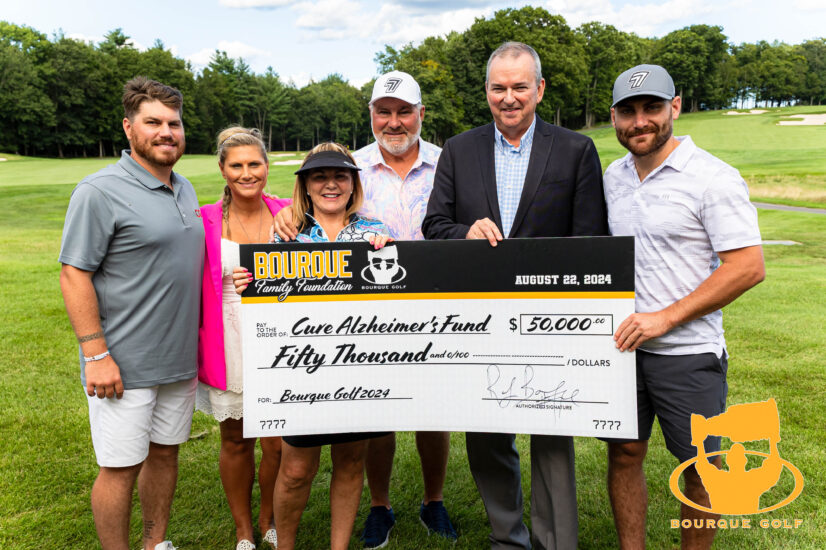Director of the Zilkha Neurogenetic Institute
Professor and Chair of the Department of Physiology and Biophysics
University of Southern California
Keck School of Medicine, Los Angeles
Born in Belgrade, “Betza” Zlokovic grew up an only child with a passion for the arts. As a child he played violin for six years and learned to speak French, Italian and Russian in addition to his native language, Serbian. But most of all, he loved to sing. By age 19 he had performed several Italian operas and it seemed he was destined to be a professional musician. Only one thing could lure this Renaissance man from the stage—his passion for science.
Zlokovic grew up in a middle-class, cultured, intellectual family. His father was an engineer, but Zlokovic describes him as more of an “inventor” with several patents to his name. His mother spoke French and Italian and taught Betza to “think and ask questions.” Early on, Zlokovic discovered he had a natural voice for opera, as he was able to hit the high notes as a tenor—but his love for science was even stronger. When he was in high school he used to love reading his uncle’s medical books. He dreamed about one day becoming a scientist.
Education
With his passion and aptitude for science, Zlokovic earned a B.S. in science and mathematics at Belgrade College in 1970. He went on to medical school at the University of Belgrade, graduating in 1975, and stayed on to earn his Ph.D. in physiology in 1983 with a focus on membrane transport.
At medical school, he met his wife, Zora Mihailovich, a concert pianist who had been a child prodigy. While in school, Zlokovic continued to develop as an opera singer, using his voice as a creative outlet. “Opera became an inseparable part of my life. When I was studying medicine, I was a top student, so I was able to pursue some private classes in opera.”
He did his postdoctoral fellowship in England where he worked with Hugh Davson, the renowned physiologist and co-developer of the Davson-Danielle “protein sandwich” cell membrane model. With Davson as his mentor, Zlokovic developed an interest in the blood-brain barrier field. “Davson was a legend in his field and we became great friends,” explains Zlokovic. “It was thanks to him I left the opera—I really loved singing, but I couldn’t give up my research for anything.”
In 1986, Zlokovic returned to Belgrade with his family to do his residency in clinical physiology (neurology and intensive care). But three years later Zlokovic decided to move to Los Angeles to become an associate professor at the University of Southern California. Zlokovic knew that working in the United States would provide him with the best opportunity to pursue his career as a researcher. “I knew my dream would start becoming a reality in the U.S.,” he said. “There are more resources, more opportunities to apply for grants, and it’s just paradise.” In 1991, at the age of 39, he became a fully tenured professor at USC. Four years later he achieved medical board certification in California and in 1997, he became a U.S. citizen.
Cure Alzheimer’s Fund
In 2011, Rudy Tanzi invited Zlokovic to join the Cure Alzheimer’s Fund Research Consortium and Zlokovic was awarded his first grant from CAF in 2012. Tanzi and Zlokovic had run in the same circles for years and Zlokovic had made some important discoveries about the blood-brain barrier that were linked to Alzheimer’s disease. “Rudy and I had the musical connection as well as the scientific connection,” adds Zlokovic. “I love Cure Alzheimer’s Fund—it lets you test your ideas quickly and ask risky questions. It’s really a first-class organization and it has been essential for helping my colleagues and me generate preliminary data.”
Research
Early on Zlokovic studied molecules and peptides that influence mood and whether they can be transported over the blood-brain barrier. Currently, he uses both experimental models and the living human brain to study the role of blood vessels in the pathogenesis of Alzheimer’s disease and neurological disorders. He also looks at how blood-brain barrier cellular and molecular mechanisms can cause neuronal injury and degeneration and influence our cognition and memory.
His most recent investigations seek better understanding of the underlying mechanisms by which genes that influence the risk for Alzheimer’s affect the brain’s vascular system through the use of transgenic models, human-induced pluripotent stem cell models and molecular and imaging studies in humans with genetic risk factors for Alzheimer’s. He has won numerous honors and awards for his contributions to Alzheimer’s disease research and his innovative approaches to drug discovery, both bringing us closer to a cure. His findings also have contributed to the development of a new treatment for stroke with an activated protein C analog, 3K3A-APC, which is being evaluated in ischemic stroke patients in a Phase 2 clinical trial funded by the National Institutes of Health (NIH).
Personal Life
Zlokovic and his wife have a daughter, Anna, who is a film director, writer and producer. He continues to sing whenever he can for fun, and to maintain the quality of his voice. “Music is a big part of my life, and a great creative outlet,” he says. Next March, he will appear with his wife and the Los Angeles Opera Singers in a prestigious USC series, “Vision and Voices,” to sing about and discuss memories and music, which he says have a “real connection. Besides,” he adds, “singing is a great way to cheer people up. Science requires clear and perfect language, while music is a universal language.” To find out more about Zlokovic’s innovative work, don’t miss our next webinar.



